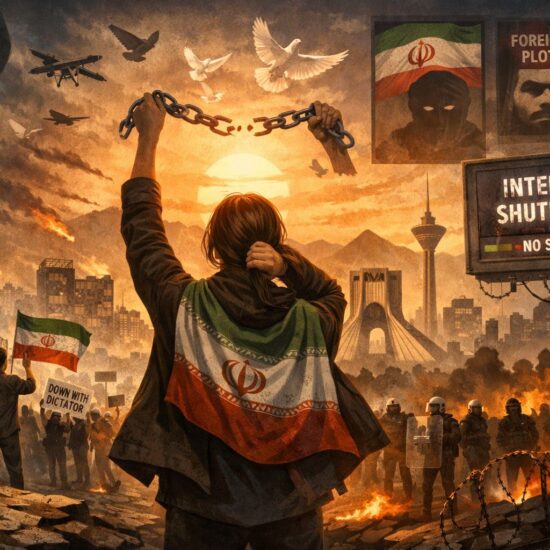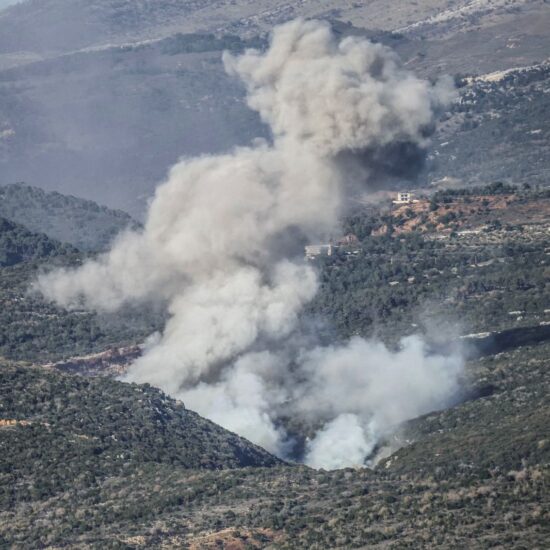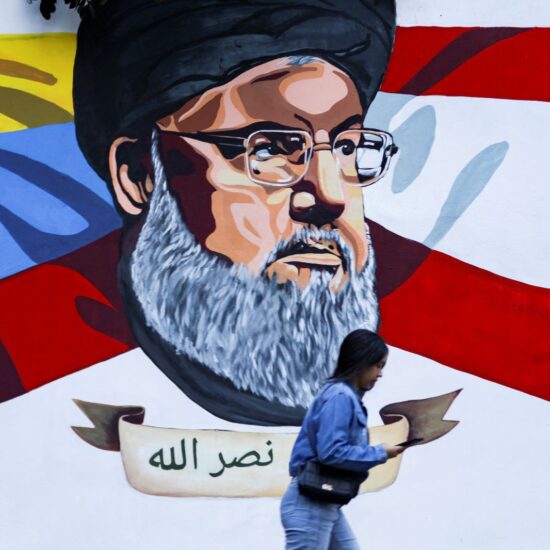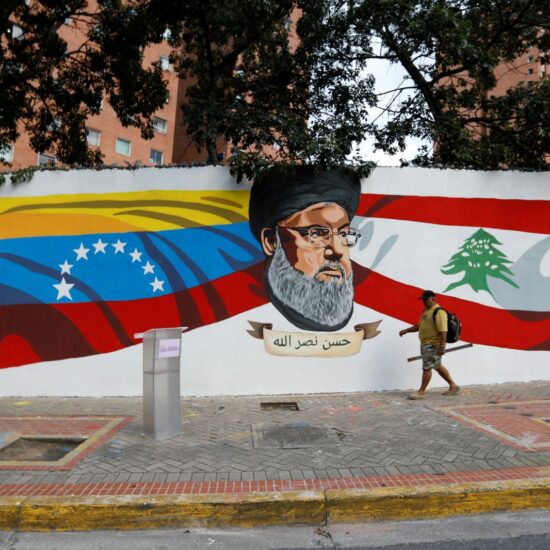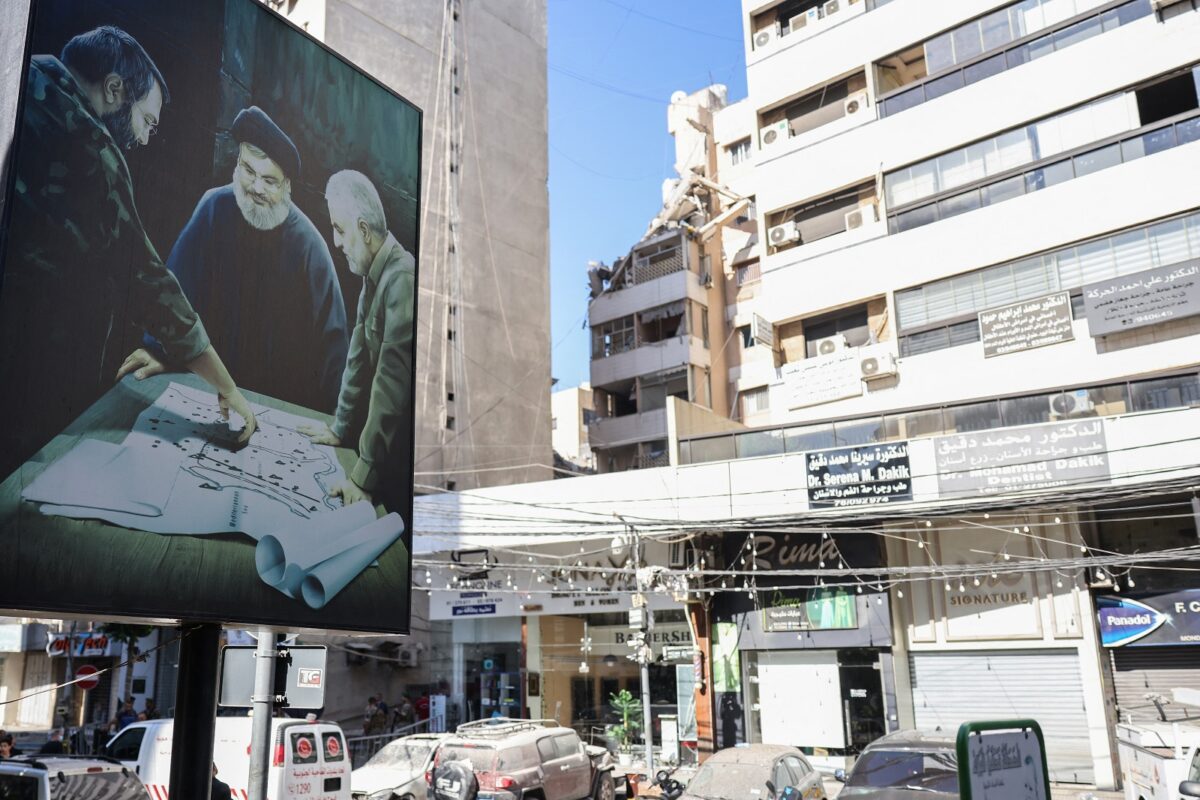
In a recent over an hour speech, Hassan Nasrallah, the Secretary-General of Hezbollah, addressed the current geopolitical tensions. Despite the long-term outcomes that seem bleak and the promise of a never-ending fight, it is clear that Hezbollah does not seek a large-scale war, and I believe Israel cannot afford one either. Below is a breakdown of Nasrallah’s key points and my analysis of the implications.
Internal Use of Victories by Hezbollah
Nasrallah claimed that Hezbollah has never used its military victories for internal political gains. However, history tells a different story. In 2008, Hezbollah took control of West Beirut in a show of force that significantly altered Lebanon’s political landscape. Again in 2011, Hezbollah’s pressure tactics led to the collapse of the Lebanese government. These actions highlight a pattern of leveraging military successes to exert political influence and intimidate opponents, contradicting Nasrallah’s assertion of non-interference.
The Dichotomy of Outcomes
Nasrallah presented two stark outcomes: Israel expanding from the river to the sea, or Palestine doing so. He stressed that if the resistance fails, Israel will achieve its territorial ambitions. However, he acknowledged that even if the resistance succeeds, its current goal is merely to prevent Israel from winning, rather than achieving Palestinian sovereignty from the river to the sea. This position appears paradoxical and strategically limited, as it lacks a clear, ultimate objective beyond stalling Israeli advances. Nevertheless, it presents an opportunity for diplomacy which further confirms previous analysis that the region is closer to a deal than it is to a large scale war. This deal will heavily rely on multiple factors that are yet to be shaped, however, an outcome of a large scale wall is not one of them.
Regional Restructuring and Iran’s Role
Nasrallah predicted significant changes in the region, impacting Syria, Jordan, Yemen, and Egypt, but conspicuously omitted Iran. This omission is striking, given Iran’s pivotal role in the region, its involvement in conflicts, and its nuclear ambitions. The nuclear deal and Iran’s regional policies are integral to the geopolitical landscape. Ignoring Iran’s role undermines a comprehensive understanding of the current and future dynamics in the Middle East.
Restraint and U.S. Hypocrisy
Nasrallah claimed that Hezbollah has shown restraint over the past ten months, matching Israeli aggression without escalating to a large-scale war. He criticized the U.S. for urging Hezbollah to show restraint while failing to hold Israel to the same standard. According to Nasrallah, it is Israel that continues to provoke and attack, and thus, it should also practice restraint. This double standard, he argued, reflects the U.S.’s biased stance in the conflict. This however, is not far from the truth, and therefore, rightfully puts pressure on the U.S. to engage better on the diplomatic front and exercise more pressure on Israel.
Retaliation for Shukr’s Killing
Nasrallah stated that Hezbollah will retaliate for the assassination of Fuad Shukr but without the intention of escalating the conflict. The timing and location of the response remain undecided, creating a psychological impact. The uncertainty of Hezbollah’s response instills fear and anxiety in Israel, leveraging psychological tactics as part of their strategy.
Evacuation of Northern Israel
Nasrallah highlighted that for the first time, Israelis have evacuated northern Israel, which he sees as a victory. He also emphasized that the industrial infrastructure in northern Israel, built over 30 years and worth billions, could be destroyed within an hour. This statement underscores Hezbollah’s capacity to inflict significant economic damage and leverage fear as a strategic tool.
Psychological Warfare and Future Prospects
Nasrallah’s emphasis on the psychological aspect of warfare, where anticipation of Hezbollah’s response creates a constant state of alert and fear in Israel, is a critical part of their strategy. He reiterated that Hezbollah does not seek a large-scale war and framed the question of escalation as contingent on Israel’s actions.
What Will Israel Do?
While some Israeli factions may push for war, Israel cannot afford a full-scale conflict. The foreseeable future will likely involve skirmishes, some escalation, and intense psychological warfare.
Given the high stakes and the potential for significant economic and human loss, Israel is likely to continue its strategy of limited engagements. The evacuation of northern Israel indicates a precautionary measure rather than a preparation for full-scale war. Israel’s primary focus will be on containing threats and preventing Hezbollah from gaining further ground.
Psychologically, Israel is on high alert, which is precisely part of Hezbollah’s strategy—to keep Israel in a state of constant readiness and tension. This state of vigilance is taxing both economically and socially, as it requires continuous resources and disrupts normal life.
From a strategic perspective, Israel will likely continue its precision strikes to eliminate key figures and infrastructure of Hezbollah, aiming to weaken its operational capabilities without triggering an all-out conflict. The recent killing of Fuad Shukr is an example of this approach. However, this strategy carries the risk of retaliation and further escalation, making it a delicate balance to maintain.
Diplomatically, Israel will seek to maintain and strengthen its alliances, particularly with the United States, to ensure continued support and to leverage international pressure against Hezbollah and its allies. The involvement of the U.S. and other Western countries will be crucial in navigating regional dynamics and in mitigating the risk of a broader conflict.
While the situation remains tense with psychological warfare, and the potential for skirmishes, both Hezbollah and Israel appear to be avoiding a full-scale war. The focus will be on strategic positioning, psychological tactics, and maintaining a state of readiness, with the hope of preventing a major escalation.
Ramzi Abou Ismail is a political psychologist and researcher at the University of Kent.
The views in this story reflect those of the author alone and do not necessarily reflect the beliefs of NOW.



